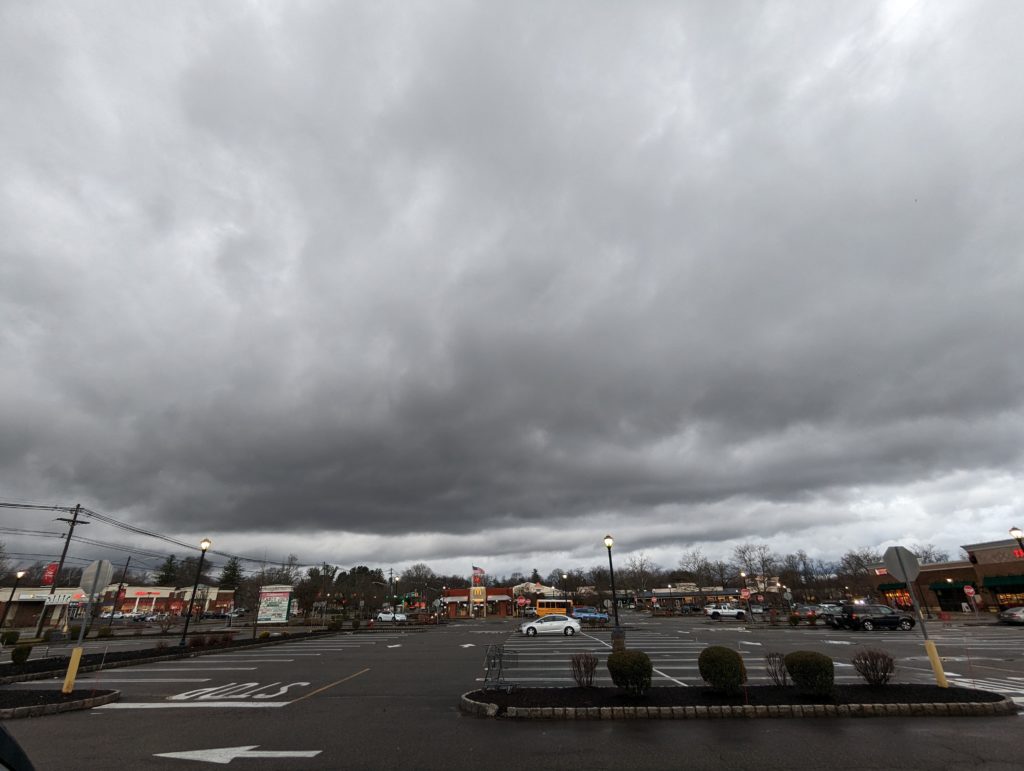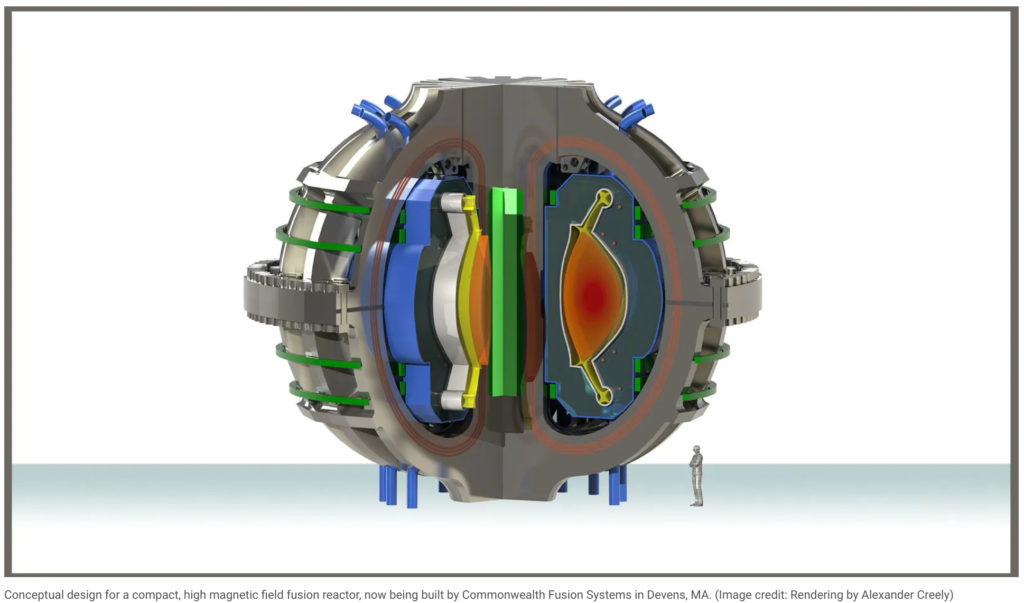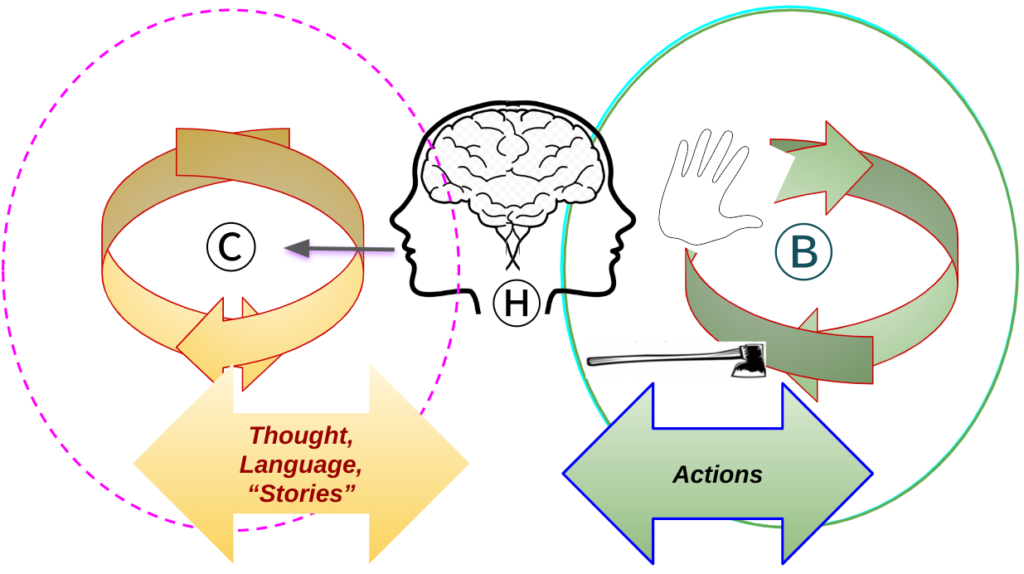Every time I see or hear about CLIMATE CHANGE I sort of tune out. Of course it’s a big, big threat and we have to come to grips with it. But there is a downside of focusing most of the attention on this one problem.

Climate change requires explanations in terms of technology; greenhouse gasses, megatons of carbon dioxide, half lives, albedo effects, oceanic carbon sinks….
Technological solutions can then be proposed, debated, quantified and budgeted. It’s a neatly packaged discipline best left to the experts to debate the pros and cons.
It’s a trap. I understand, a little, the key importance of greenhouse gas mitigation. I am fascinated by the technologies being implemented and those under development. I also am vaguely aware of the costs and other social pressures, the Realpolitik if you will, of implementing the required technologies in this complex world. Previous posts, here and at the now archived energyrealist.com, addressed some of those topics.

So why do I think it’s a trap? Imagine we had sudden breakthroughs on multiple fronts. Let’s have massive advances in both fusion and fission power; safety and waste problems all solved, the grid upgraded. Let’s stop armed conflict and use the money saved for infrastructure. Let’s find satisfying and well compensated employment for the affected fossil fuel workers. What will things look like a hundred years from now?
It will be fantastic, yes? Greenhouse gas emissions well under control. Global warming constrained within 1.5℃. No wars and no climate refugees. Enough energy to desalinate water and produce fertilizer for all. Green hydrogen to allow unlimited global travel. It’s a science fiction paradise, a prelude to colonizing the planets. “Star Trek”, “Star Wars” and “Dune” are a little further into the future.
OR; will it be more like “On the Beach” or “The Road”? Will the population continue to explode? Will there be any wild places at all? Will we empty the oceans of edible fish and have no wild animals in the wild? Will farming still be viable in soil or only in fermentation plants? Will we employ millions of laborers to hand pollinate crops or will that be the work of automated drones?
Will plastic waste (super cheap oil and cheap energy will promote plastic production) overwhelm practically every small island in the world?
As I say, it’s the realm of science fiction.
Back to the present;
The focus on CLIMATE CHANGE in the media and at decision making levels leads to a misguided optimism. The general tone is one of ‘we can do this, we have the technology, we need to spend “only” 2% of GDP. – as long as we start now’. Some very astute observers of the scene shy away from a more bleak conclusion by falling back on history; ‘we have always survived, there is no scenario of human extinction’. Which begs the question of the quality of life of the survivors.
All of these discussions inevitably take place within the framework of our established culture and society. Within that framework our needs / rights / wants always come first. We need clean energy to support our way of life. We need lots and lots of clean energy so that less fortunate people around the world can also enjoy our way of life. We need even more energy to build a better (read ‘more materialistic’) way of life.

We cannot continue to think that way. We need to reverse our viewpoint to the needs of the biosphere. How do we need to change to sustain a biosphere that will allow future human development? That is a complex question of philosophy and ethics, not of technology and economics.
As a first step to get to those questions (let alone the answers) I suggest we shift our emphasis from Climate Change to BIOSPHERE CHANGE. Under that heading we can see a wider picture, with Climate Change and Clean Energy one (hugely important) problem and one solution set among many others.
None of what I say is new. Many others have come to the same conclusions over the last decades. I am simply trying to explain it to myself. Lacking sufficient words I apply a simplified notation – which I have developed very gradually. One iteration of this notation is in this post under the heading “Axioms, Symbols and Beliefs”. To update and align the notation with this post here is a review:
- There exists exactly one biosphere: Ǝ!Ⓑ (similar to, but not quite the same as “There is no Planet B”)
- We humans Ⓗ, and our physical creations (cities, dams, roads, cars, plastic, books, shoelaces…), are all part of the biosphere Ⓗ⊂Ⓑ. However we are not a necessary part of the biosphere.
- We are dependent on, and interdependent with, the biosphere as a whole.
- The vast non-physical universe of ideas and beliefs Ⓒ that we have constructed is just that; ideas and beliefs. Ⓒ is entirely dependent on humanity Ⓒ⊂Ⓗ
- Therefore: Ⓒ⊂Ⓗ⊂Ⓑ
- Despite this “obvious” relationship we, in“developed” countries, have adopted an attitude of being somehow different from Ⓑ. We define ourselves more as members of our “culture, nation, religion etc.”,i.e. Ⓒ.
- At present considerations of Ⓒ drive our responses to the crisis in the biosphere. 𝚫Ⓒ→𝚫Ⓗ→𝚫Ⓑ
- We need to reverse this attitude to become 𝚫Ⓒ←𝚫Ⓗ←𝚫Ⓑ
𝚫Ⓒ←𝚫Ⓗ←𝚫Ⓑ
…to provide a link to the next entry we need the “influence” to flow from the right to the left in this diagram:


[…] [see also my previous post – Climate Change? Meh] […]